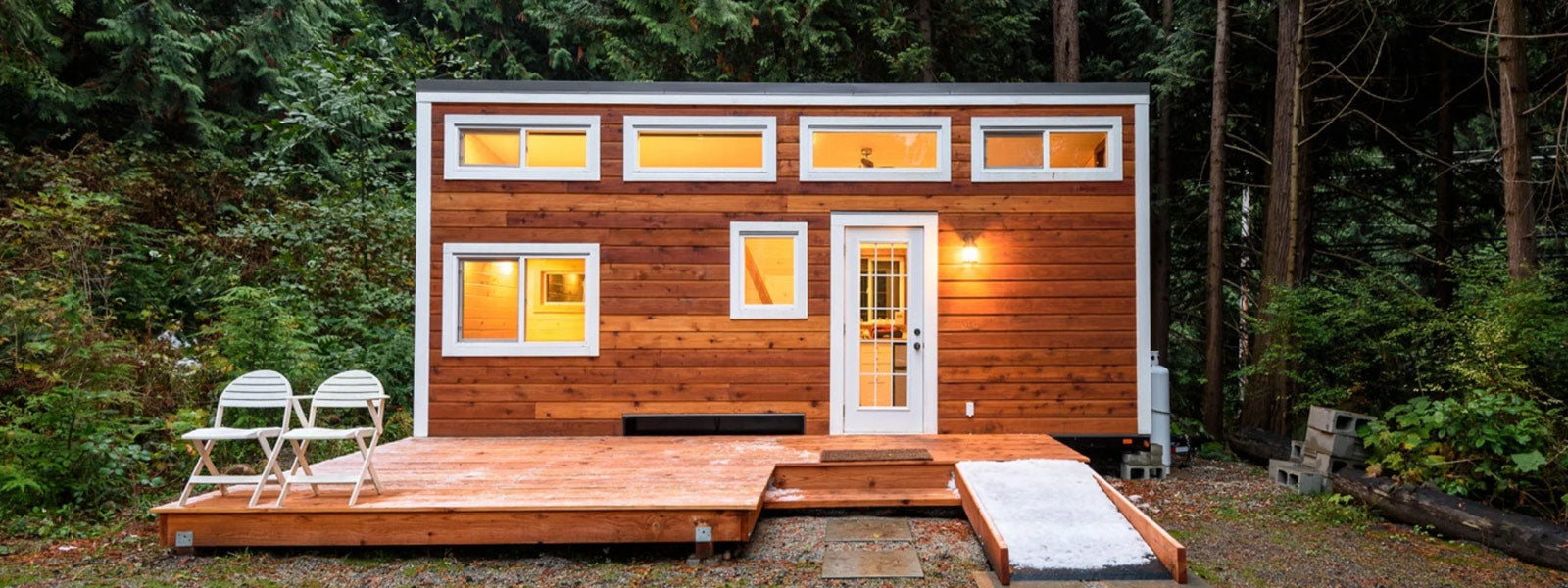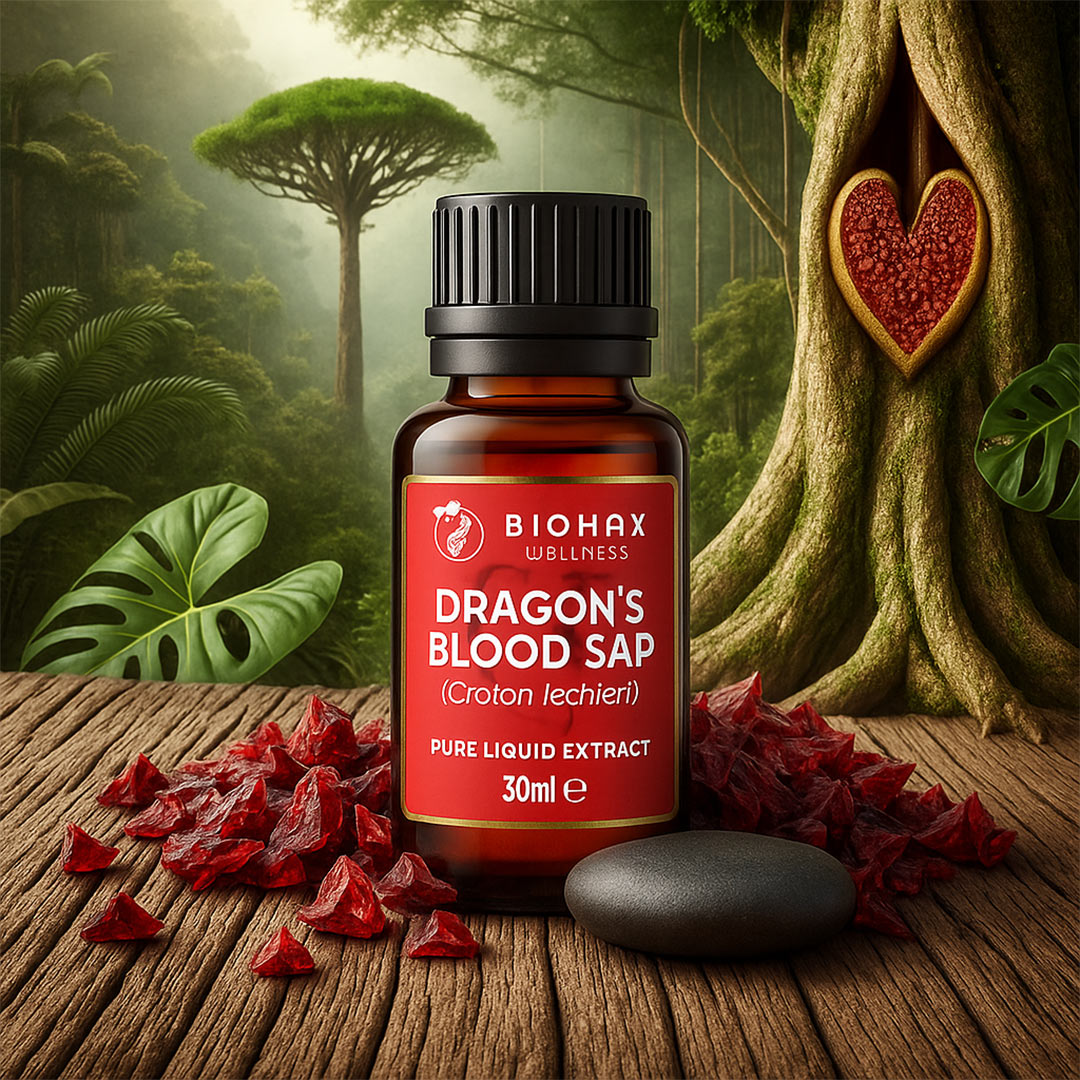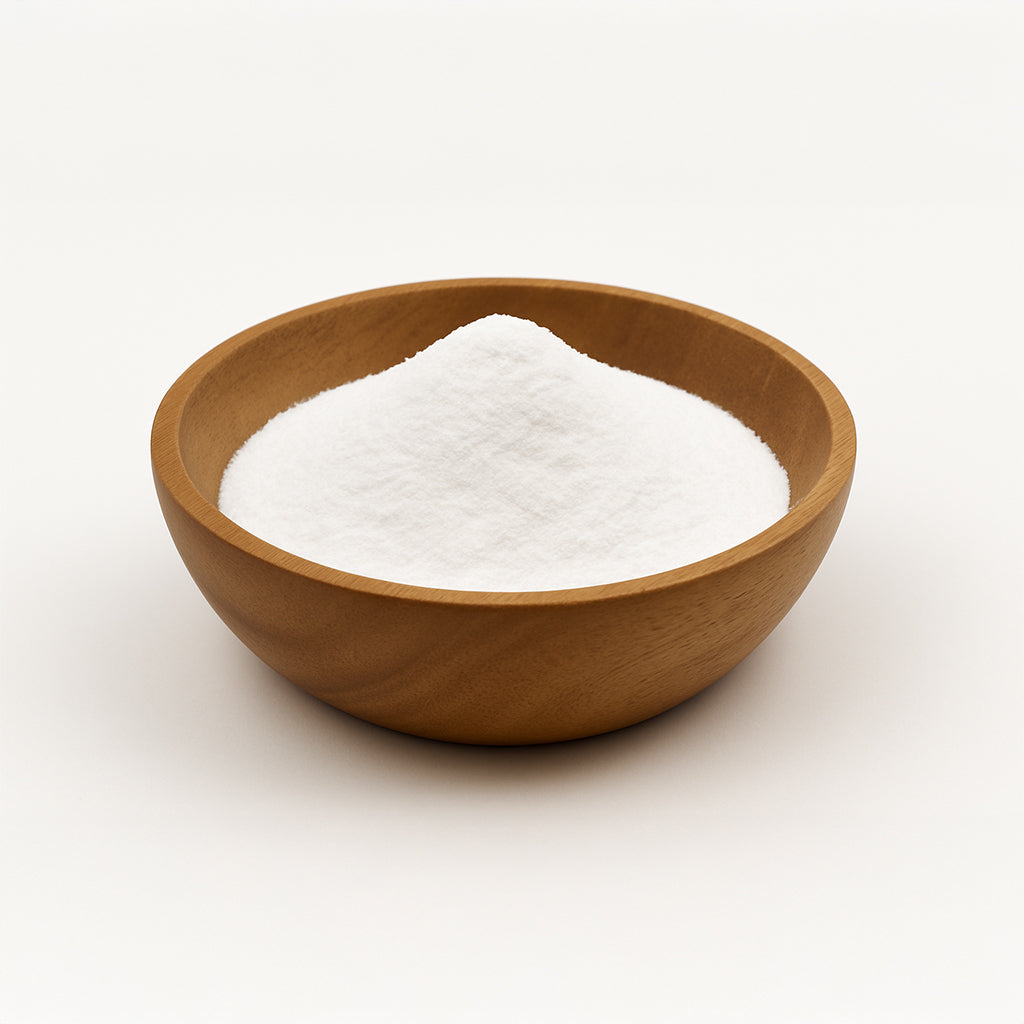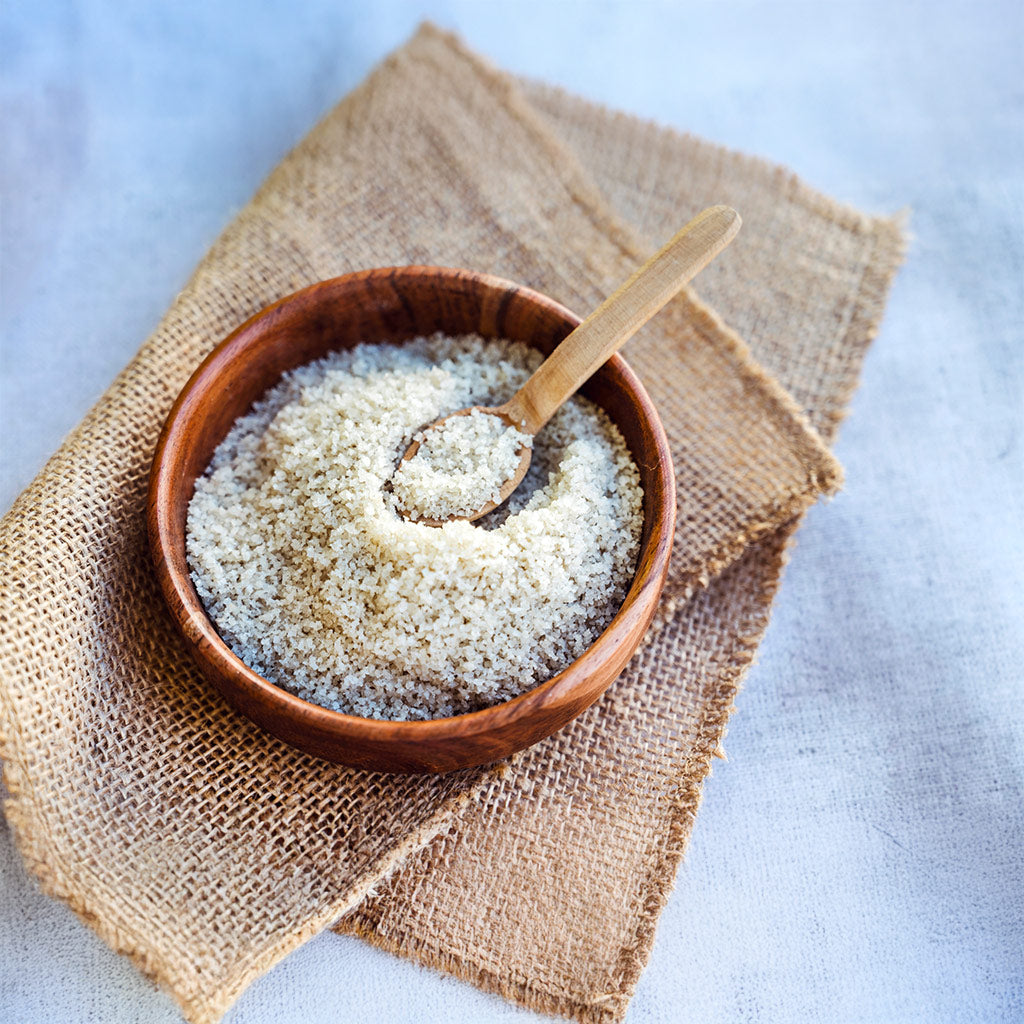You’re not just downsizing — you’re designing freedom on wheels. This one-day deep-dive at Sydney Community College hands you the blueprint for building (and legally living in) your own tiny home. Whether you want to own, lease, or escape to one, this course is where smart design meets off-grid dreams and council compliance. Because “tiny” doesn’t mean basic, it means liberated.
Location
Address: Sydney Community College, 2A Gordon Street, Rozelle NSW 2039
Dates
Next Event: Saturday 9 August 2025, 9:30am–3:30pm
Upcoming Dates:
– Saturday 29 November 2025
Frequency: Select Saturdays
Duration: 1 Day
Website: Event Link
Price
Full Price: $349
Concession: $279.20
Availability: Booking essential
The BioHax Take
Forget Pinterest boards and prefab dreams. This workshop is the real starting line. Led by architect David Cullen, you'll learn how to navigate council approvals, create compliant layouts, choose smart materials, budget for reality (not just Instagram), and integrate off-grid systems. You’ll leave with a personalised concept plan and a clear understanding of how to turn it into something you can live in, or lease. This is where lifestyle meets logistics and sustainability becomes something you actually know how to do.
Who It’s For
-
People ready to build their own home without the mortgage
-
Creatives, tradies, or planners with eco instincts
-
Downsizers, off-gridders, and minimalist converts
-
Anyone wanting to escape the rental cycle
-
Students or career changers exploring sustainable housing
What’s On Offer
-
The full Tiny House Movement breakdown and how it applies in Australia
-
Step-by-step guidance on NCC, BASIX, DA process, and legal compliance
-
Layout planning, zoning rules, and building feasibility
-
Inspiration from global designs, reclaimed materials, and pre-fab hybrids
-
Multi-functional interiors and utilities: solar, water, power
-
Materials breakdown and budget analysis (project vs build cost)
-
A design brief and concept you can walk away with — and build on
Course Content
Morning Session 1:
-
Tiny House types, movement overview, and lifestyle impact
-
Creating a design brief for your own build
Morning Session 2:
-
Council approvals, NCC regulations, planning tools and maps
-
BASIX, DA process, and construction certificate essentials
Afternoon Session 1:
-
Layout strategy and functionality
-
Feasibility planning and case studies
-
Group concept workshop
Afternoon Session 2:
-
Recycled and sustainable materials
-
Utilities and off-grid integration
-
Cost analysis, fixed fittings, and construction detail
-
Final Q&A with the architect
Sustainability Snapshot
The workshop focuses on sustainable living at every level — from recycled materials and solar systems to downsizing with purpose. Every module is built around affordability, long-term livability, and reduced footprint.
Frequently Asked Questions
Can I legally build a tiny house in NSW?
Yes, and this course explains how — from NCC compliance to local planning rules and land use options.
Is this course beginner-friendly?
Completely. No experience required — just curiosity and the desire to own a home on your terms.
What will I walk away with?
A personal design brief, budget understanding, layout plans, and a clear next-step roadmap.
Does this include off-grid living guidance?
Yes — you'll cover solar panels, water storage, composting, and utilities planning.
Will I learn how to budget for a build?
Yes — you’ll get a breakdown of materials, labour, and how to separate build cost from total project cost.
What’s the difference between a tiny house and granny flat?
It’s covered. Tiny houses are often mobile and self-contained; granny flats are usually fixed and council-dependent.
Is this just theory or hands-on?
It’s a practical, workshop-style course with guided design work and interactive sessions.
Can this lead to a career in sustainable building?
Yes — many students use the skills to explore eco-design, project planning, or even property development.
Related Reads
-
Second Life Markets – Where Style Meets Sustainability
The circular economy in action. A conscious Sydney market worth the dig. -
Wanderlust Wellspring 2025 – Conscious Conversations & Movement
A full-body, whole-brain reset for the curious and conscious. -
Wellness Events Directory
Wellness events, markets, and experiences across Sydney — curated monthly. -
City2Surf 2025 Afterparties & Recovery Zones
Not about the race. All about the breathwork, cold plunges, and recovery that follow.
Article originally published: 7 August 2025, by Editor







